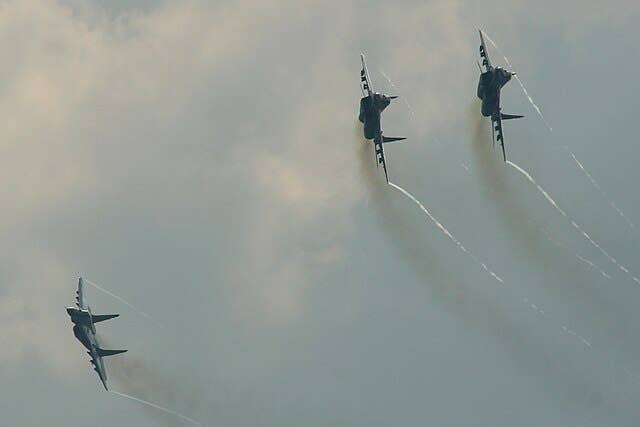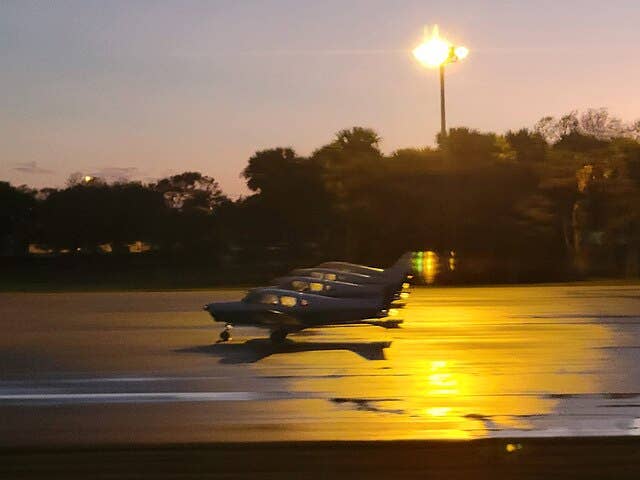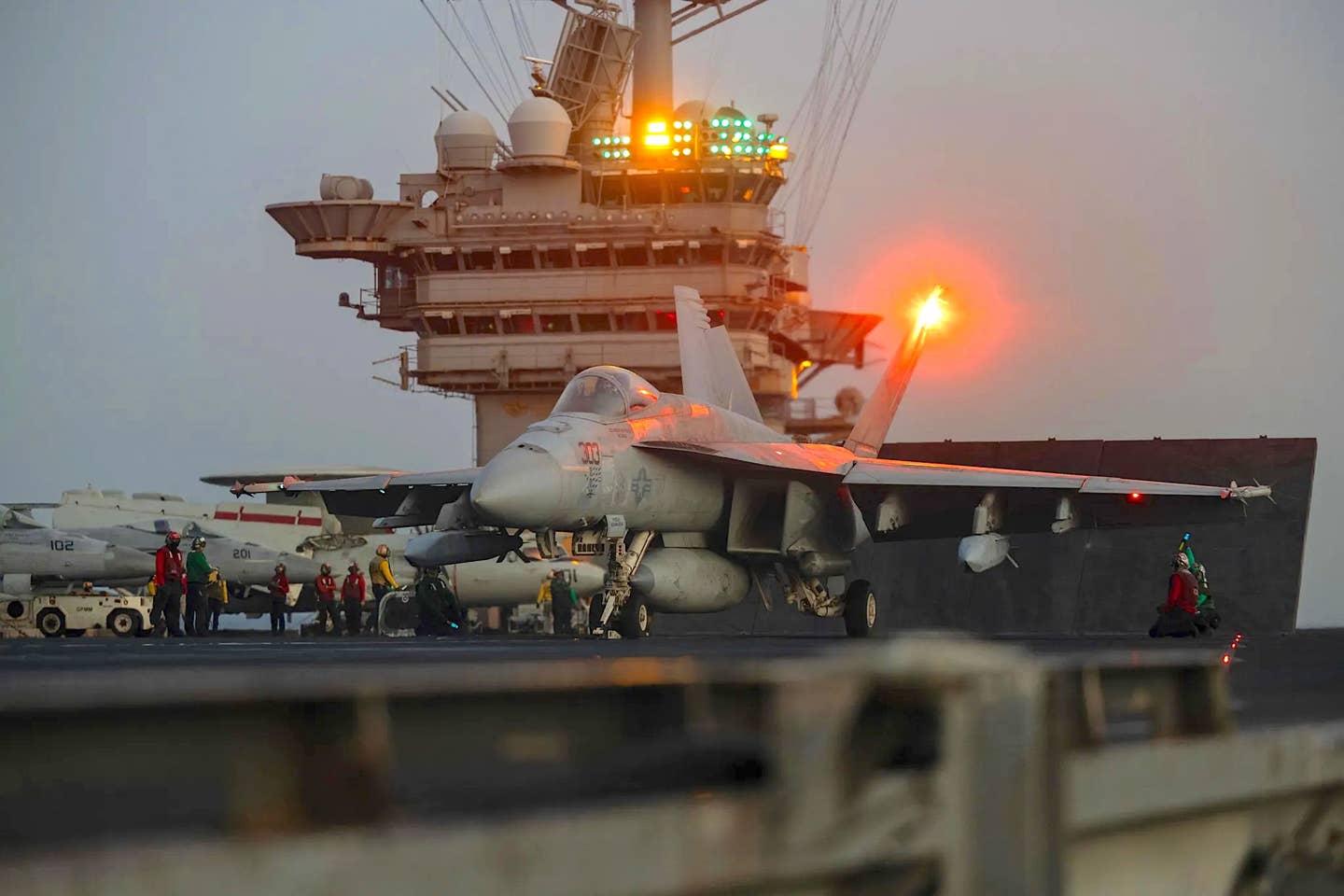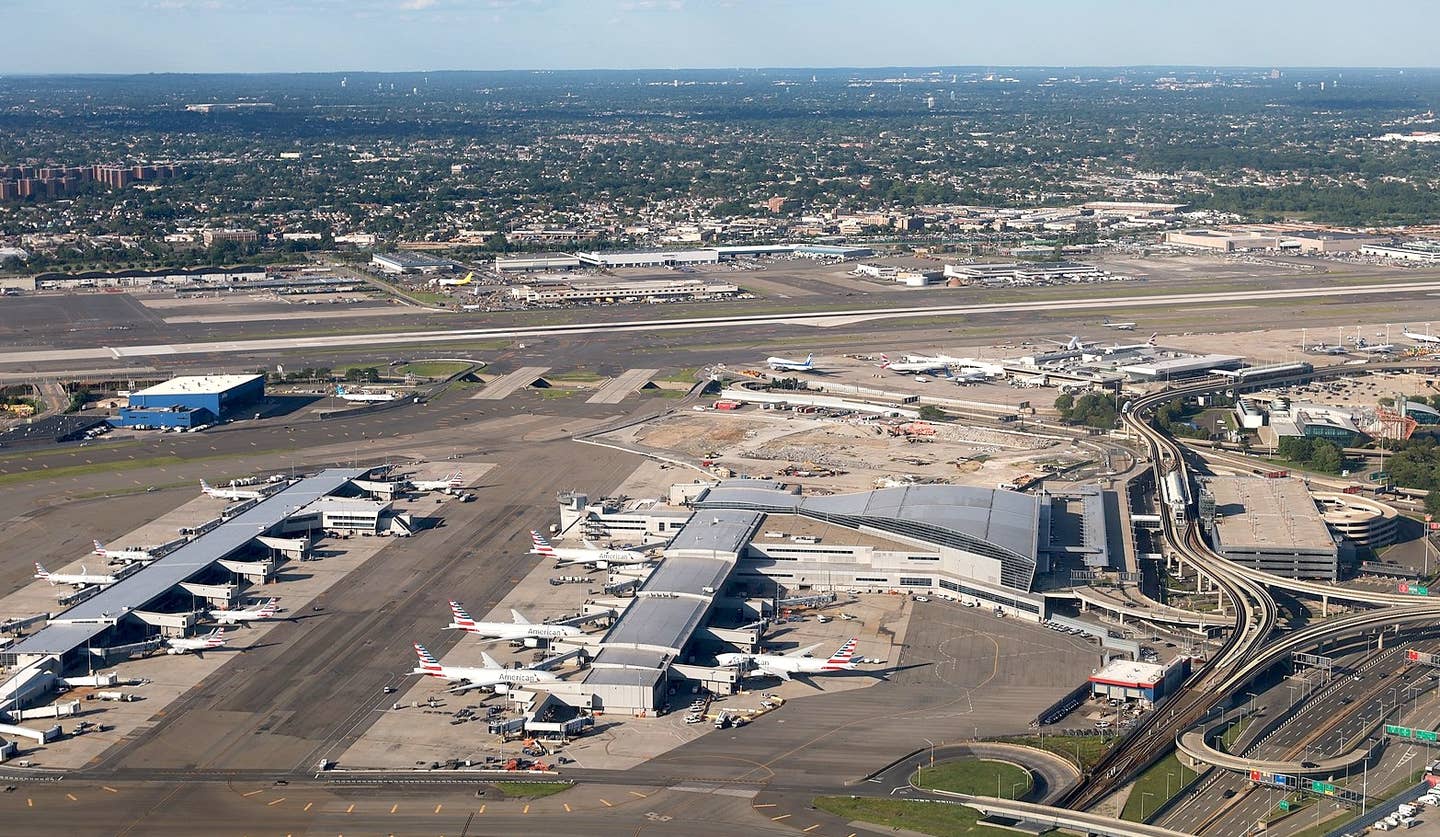Southwest Fined $140 Million For 2022 Holiday ‘Meltdown’
BBC reported the U.S. Department of Transportation (DOT) has fined Southwest Airlines a whopping $140 million for last year’s holiday meltdown that canceled roughly 17,000 flights and stranded more than 2 million…
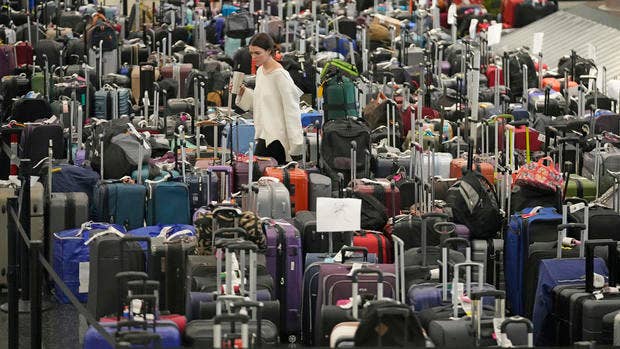
BBC reported the U.S. Department of Transportation (DOT) has fined Southwest Airlines a whopping $140 million for last year’s holiday meltdown that canceled roughly 17,000 flights and stranded more than 2 million passengers.
The media outlet noted the penalty imposed on Southwest is about 30 times more than other previous fines against an airline in U.S. history. The DOT cited “consumer protection” violations and stated that the majority of the penalty will go toward compensating future Southwest passengers who experience cancellations or substantial delays caused by the airline.
U.S. Transportation Secretary Pete Buttigieg said the DOT’s action sets a new precedent and sends a clear message to airlines. “If airlines fail their passengers, we will use the full extent of our authority to hold them accountable. Taking care of passengers is not just the right thing to do—it's required, and this penalty should put all airlines on notice to take every step possible to ensure that a meltdown like this never happens again,” Buttigieg said.
In a recent segment with Squawk on the Street, Southwest CEO Bob Jordan said the airline is prepared going into the holiday season and expressed his confidence in the company’s strong momentum heading into 2024.

